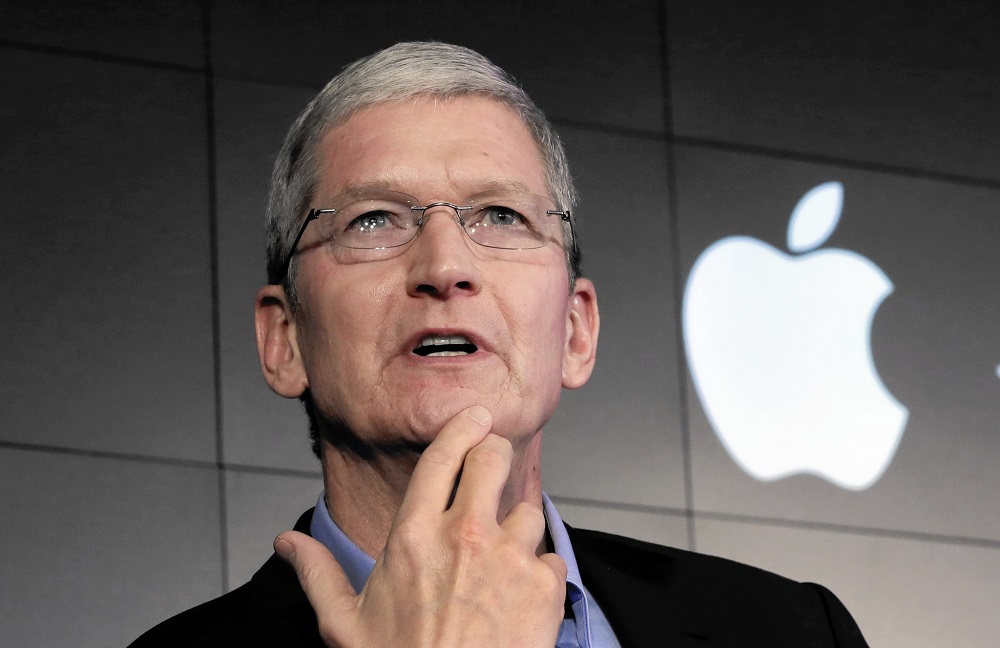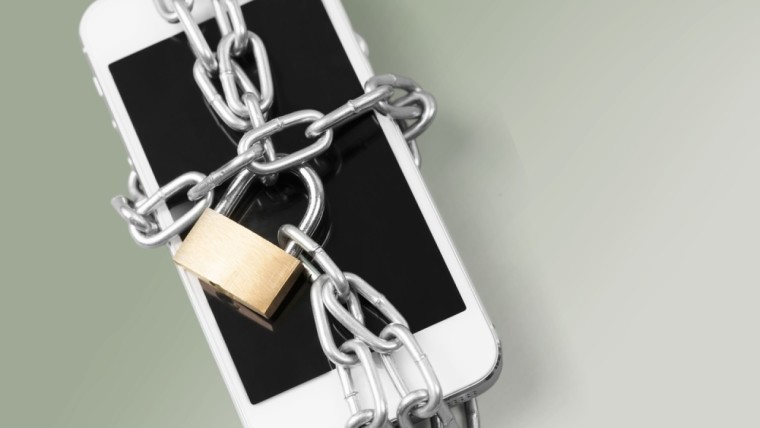
Apple‘s 2017 hasn’t been off to the best start with Tim Cook taking some of the biggest hits. After Apple had decided to pull a New York Times app from China, critics took to social media to say Cook, who has become a privacy and rights advocate, had made the wrong move. Just a couple of days later, news surfaced that Apple’s performance last year wasn’t as good as the company’s board would’ve liked. Cook and his fellow executives, then, were forced to take a pay cut in 2016.
Apple penalized CEO Tim Cook for the iPhone maker’s first sales slump in 15 years with a 15 percent pay cut.
Cook still did extremely well, with a compensation package valued at $8.7 million for Apple’s fiscal year that ended Sept. 24, according to a regulatory filing made Friday. But the amount was down from nearly $10.3 million in the prior year.
The Cupertino, California, company cited a downturn in Apple’s revenue and operating profit as the main reason it cut the pay of Cook and its other top executives.
Apple’s revenue dropped 8 percent to $216 billion, while its operating profit declined 16 percent to $60 billion. That was mainly because it sold fewer iPhones for the first time since the device came out in 2007.
It also marked the first time that Apple’s annual revenue decreased since 2001, which was just before the company’s late co-founder and CEO Steve Jobs unveiled the iPod. That digital music player set the stage for the iPhone and iPad.
The iPhone triggered a revolution in mobile computing and became Apple’s biggest moneymaker, even as a wide range of device makers released competing products primarily running on Google‘s free Android software. Most of the world’s smartphones are powered by Android, but the iPhone remains a popular high-priced status symbol.
Even so, consumers are holding on to their existing iPhones for longer periods instead of upgrading to a newer model every year or two. That has raised investor concerns that Apple has become too dependent on the iPhone, a nagging worry that has been aggravated by the company’s inability to introduce another breakthrough product since Jobs’ death in 2011.
Cook, Jobs’ anointed successor, had hoped Apple would have another huge hit with a smartwatch unveiled in 2014, but that device has only had moderate success.
Apple’s regulatory filing revealed that the company was bracing for a sales drop last year, although not quite as steep as what occurred. The compensation committee for Apple’s board of directors had established a revenue goal of $224 billion for last year, which would have been a 4 percent decline from the previous year.
The company expected sales to rebound during the holiday shopping season on hopes that consumers would be snapping up its latest iPhones, the 7 and 7 Plus. Apple will release its quarterly results that include the holidays later this month.
The FBI has released 100 pages of heavily censored documents related to its agreement with an unidentified vendor to hack into an iPhone used by one of the San Bernardino, California, shooters, but it did not identify whom it paid to perform the work or how much it cost.
The records were provided Friday in response to a federal lawsuit filed against the FBI by Vice Media and Gannett, the parent company of USA Today.
The media organizations sued in September to learn how much the FBI paid and who it hired to break into the phone of Syed Rizwan Farook, who along with his wife killed 14 people at a holiday gathering of county workers in December 2015. The FBI for weeks had maintained that only Apple Inc. could access the information on its phone, which was protected by encryption, but ultimately broke or bypassed Apple’s digital locks with the help of an unnamed third party.
The FBI, in its records released on Friday, censored critical details that would have shown how much the FBI paid, whom it hired and how it opened the phone. The files had been marked “secret” before they were turned over under the lawsuit.
The files make clear that the FBI signed a nondisclosure agreement with the vendor. The records also show that the FBI received at least three inquiries from companies interested in developing a product to unlock the phone, but none had the ability to come up with a solution fast enough for the FBI.
The FBI also said in contracting documents that it did not solicit competing bids or proposals because it thought widely disclosing the bureau’s needs could harm national security.
The lawsuit was filed months after the FBI’s sudden announcement in March that it had purchased a tool from an unidentified third party to open Farook’s phone. The disclosure aborted a court fight that began when a federal judge had directed Apple to help the FBI break into the phone.
The suit by the media organizations argued there was no legal basis to withhold the information and challenged the adequacy of the FBI’s search for relevant records. It also said the public had a right to know whether the vendor has adequate security measures, is a proper recipient of government funds and will act only in the public interest.
In refusing to provide the records, the FBI said the records had been compiled for law enforcement purposes and might interfere with ongoing enforcement proceedings, even though at the time the shooters were both dead and there were no indications others were involved.


